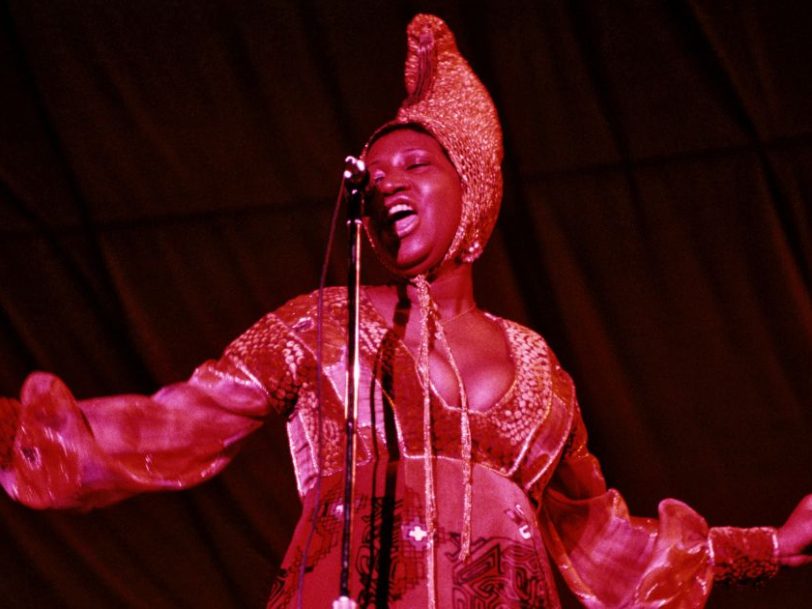In 1969, Aretha Franklin was the voice of soul music. Calling an album Soul ’69 seemed like the obvious thing to do, building on the phenomenal achievements of I Never Loved A Man The Way I Love You, Aretha Arrives (both released in 1967) and Lady Soul (1968). But the strange thing was, soul was not what Franklin and producer Jerry Wexler had in mind when they conceived the album…
Listen to the ‘Soul ’69’ album here.
The recording: “We decided to change the formula by putting me in front of a jazz band”
“Jerry Wexler and I decided to change up the formula by putting me in front of a jazz big band,” Franklin wrote in her 1999 autobiography, From These Roots. “That album became Soul ’69.” The singer and producer deliberately chose songs from an assortment of genres: blues, jazz, pop and country. It was perhaps for this reason that journalist Ritchie Yorke, who wrote Soul ’69’s original sleevenotes, claimed that the album moved Aretha Franklin “into new pastures, where fair comparisons can be made between today’s greatest female voice, and those that have gone before.”
The jazz band on Soul ’69 were serious-minded, revered and hardworking professionals. Wexler called upon heavyweights from the Count Basie Orchestra and the Miles Davis Quartet – big names included saxophonist King Curtis, guitarist Kenny Burrell and bassist Ron Carter. The ensemble was pulled together for eight-hour sessions and their sound is flawless. They gel effortlessly together, working seamlessly with Franklin. It’s years upon years of accumulated musical experience on one album.
The songs: “I’ve never been easy to categorise”
Those years of experience include Franklin’s own. Prior to her tenure at Atlantic Records she had released nine studio albums with Columbia Records, and while none were of the calibre of her Atlantic output, they were notably jazzier and bluesier. “I’ve never been easy to categorise, nor do I like being categorised,” Franklin has said of these Columbia years, “but I suppose you could say my early style was a combination of blues, gospel-based jazz, and rhythm and blues.” On Soul ’69 she immediately draws from this heritage: her first words on the album are “I have got the blues for the highway…”, on the song Ramblin’, which she sings in a gospel vocal style to the accompaniment of a strident yet sophisticated jazz sound.




